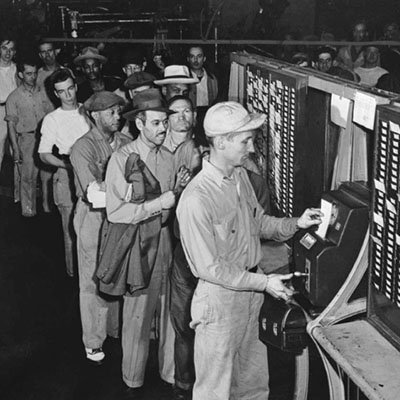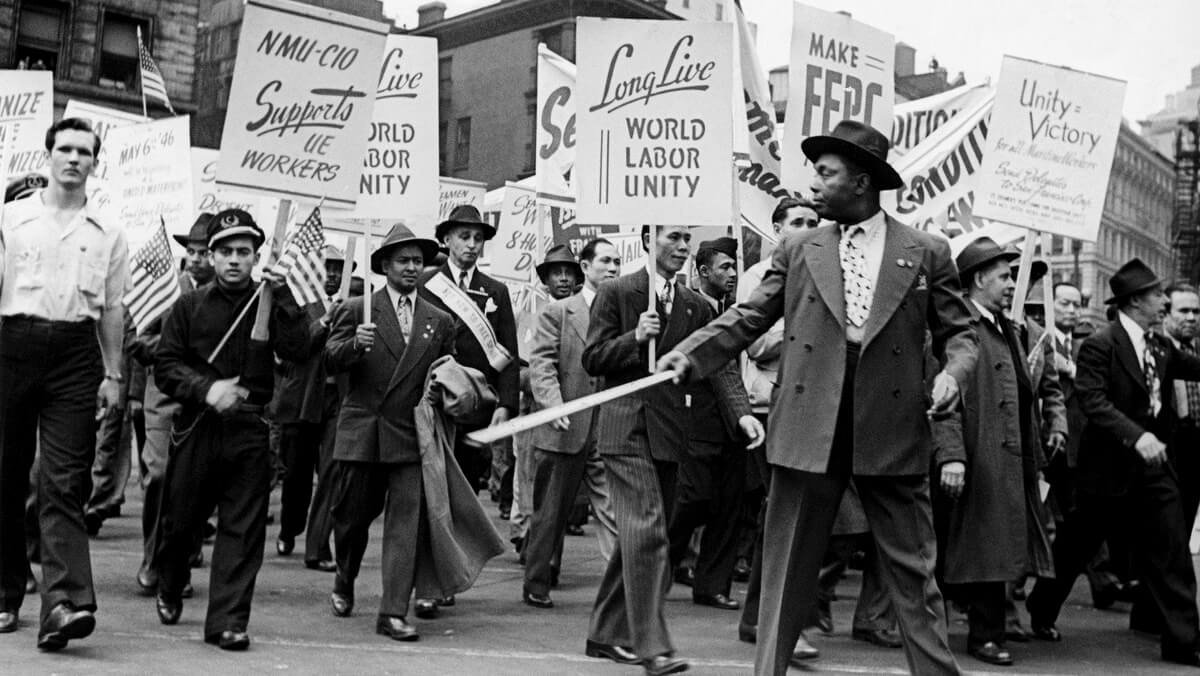
Meal Breaks
Do I Get Meal (Lunch) Breaks?
Every California employee is entitled to meal and rest breaks unless they are exempt pursuant to their respective wage order. If you work a shift of five hours or more, you are entitled to at least one half hour of uninterrupted time off from work before the end of the fifth hour of work. If you work a shift of ten hours or more, you are entitled to two meal periods.
What Does "Providing" a Meal Break Mean?
You must be relieved of all duties for the entire meal break. If your job requires your attention during your break, it's not really a break. If an employer does not do all of the following, you are not actually receiving the meal break:
(1) You must truly receive 30 minutes of uninterrupted free time;
(2) You must be free to leave the premises;
(3) You must be relieved of all duty for the entire period.
Barring certain exceptions, you must be allowed to leave work during this time, otherwise it is not a bona fide meal or lunch break. You cannot be on-call or waiting around for work to possibly come up; that would be compensable work time, not a meal break. If you are waiting around the workplace for something to happen, you must be paid for that time.
My Employer Encourages Work During My Break. Is That Legal?
No. Your employer cannot discourage or impede you from taking your breaks. A polite "hey it would be great if you could clean up those tables" while you're working is a violation. The law specifically forbids your employer from pressuring you or otherwise undermining a formal meal break policy by, for example, instructing you to clock out but telling you to stick around the premises just in case something comes up, or understaffing your workplace such that actually taking a break is impossible, or disciplining employees for not doing work during their break when they are told.
When Do I Get to Take My Lunch Break?
The timing of your meal period is very important. The first meal period must occur before the end of the fifth hour. If you work ten hours, the first meal break must occur before the end of the sixth hour, and the second must occur before the end of the tenth hour. If you work over ten hours, the second must occur before the end of the eleventh hour.
Can I Take My Break at the Beginning or End of My Shift?
A shift of five and a half hours without a break is still a violation, even if your employer claims your "break" was the last half hour of your shift. That's not a break, that is your shift ending without a break. Similarly, a break after ten and a half hours is a violation, even if your employer claims your "break" was the last half hour of your eleven hour shift. If you show up to work and immediately take a half hour break, and then work for five hours, that is a five hour shift without a break; your shift just starts a half hour later. (And arguably, if you have to wait around at work for that first half hour, that is also compensable time!)
Can I Waive My Breaks?
If your shift ends before the sixth hour of work you can "waive" the first meal break via mutual agreement. If your shift is over ten hours but ends before the beginning of the twelfth hour, you can waive the second meal break via mutual agreement, but only if the first meal period was not waived. If your waivers are not in writing that is arguably a violation. (Not to mention stupid, if you're an employer.)
There is also an "on-duty" meal break. You still get a lunch, it is just on-duty and paid. If the nature of the job requires an on-duty meal break, and if you sign a written agreement that you can revoke at any time, then this may be legal. A server at a restaurant would obviously not qualify for an "on-duty" meal break as you can simply have someone else perform that service, or close the restaurant. An overnight security guard may qualify since it would jeopardize the safety of anyone on the premises if the security guard clocked out for 30 minutes.
What If There Is No Record of My Break?
Your employer is required to maintain accurate records of your hours worked. If there is no record of your break, it is your employer's responsibility to prove you took one.
Some employers make employees initial or sign some document stating they took all their required breaks in any given day or week. These are inadequate if they do not say when the break was taken, and how long the break was. These records simply look like a pretense of adequate record keeping.
I Am Not Getting Breaks. What Am I Owed?
For each missed meal or rest break you are owed one hour of wages. You are limited to one hour of wages for a missed meal period and one hour of wages for a missed rest break per workday, even if you missed multiple meal and rest breaks in one workday.
Missed meal break damages are wages. If you've been terminated, this means your employer also owes you "waiting time penalties" in the amount of your normal day's wages, for up to thirty days. In some cases missed meal periods also incur other wage and hour violations, such as failure to pay minimum wages or failure to pay overtime. For example, if you worked eight and a half hours, but you clocked out for a sham half hour meal period in which your employer made you work, you are also owed overtime pay for that half hour.
If the above is confusing, don't worry, we can sort it out for you. The above rules have spawned years of costly litigation and a lengthy California Supreme Court case and remain the subject of hundreds of ongoing employment lawsuits throughout the State. Employers screw this up all the time, or worse, coerce their staff into not taking meal breaks and then papering up their records to make it look like they did.
